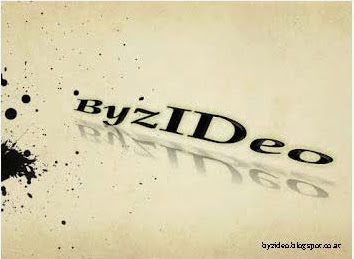“Social”
Profiles and “Social” Groups:
Perceptions
about Social Position in Byzantium
Athens, Friday
19 December 2014
Institute
of Historical Research • National Hellenic Research Foundation
 “Society” is a modern term that relates to the ensemble of relations among people and among distinct “social” groups. Even though in Byzantium the perception of “society” was comprised in the term “Rhomaion politeia”, the Byzantines had their own theories regarding the “position” that separate groups occupied in “society”. Definitions vary according to the point of view: an individual might be defined according to state (“constitutional”) rules within the space one lives and within the community one moves, which can be large e.g. within the palatine hierarchy, or can be quite narrow, e.g. within a village; but an individual is also defined according to perceptions that are maintained about one’s position e.g. the perceptions about descend (eugeneia, dysgeneia), or wealth, or about distinct professional groups (agrotai, pragmateutai, technitai etc) and according to perceptions that one projects about himself and his own position (e.g. one’s perception about the importance of his noble ancestry). The profiles that are thus formed are quite different from one another and affect the relations of people and groups among them.
“Society” is a modern term that relates to the ensemble of relations among people and among distinct “social” groups. Even though in Byzantium the perception of “society” was comprised in the term “Rhomaion politeia”, the Byzantines had their own theories regarding the “position” that separate groups occupied in “society”. Definitions vary according to the point of view: an individual might be defined according to state (“constitutional”) rules within the space one lives and within the community one moves, which can be large e.g. within the palatine hierarchy, or can be quite narrow, e.g. within a village; but an individual is also defined according to perceptions that are maintained about one’s position e.g. the perceptions about descend (eugeneia, dysgeneia), or wealth, or about distinct professional groups (agrotai, pragmateutai, technitai etc) and according to perceptions that one projects about himself and his own position (e.g. one’s perception about the importance of his noble ancestry). The profiles that are thus formed are quite different from one another and affect the relations of people and groups among them.  This divergence is the subject that will be discussed in the proposed workshop. With the purpose of sketching separate group profiles in Byzantium, of detecting definitions, self-definitions and definitions of the “other” that compose the social image of people and groups, separate protypes, social roles, hierarchies and structures will be investigated, which determine the position of people and groups in the byzantine society.
This divergence is the subject that will be discussed in the proposed workshop. With the purpose of sketching separate group profiles in Byzantium, of detecting definitions, self-definitions and definitions of the “other” that compose the social image of people and groups, separate protypes, social roles, hierarchies and structures will be investigated, which determine the position of people and groups in the byzantine society.



No comments:
Post a Comment